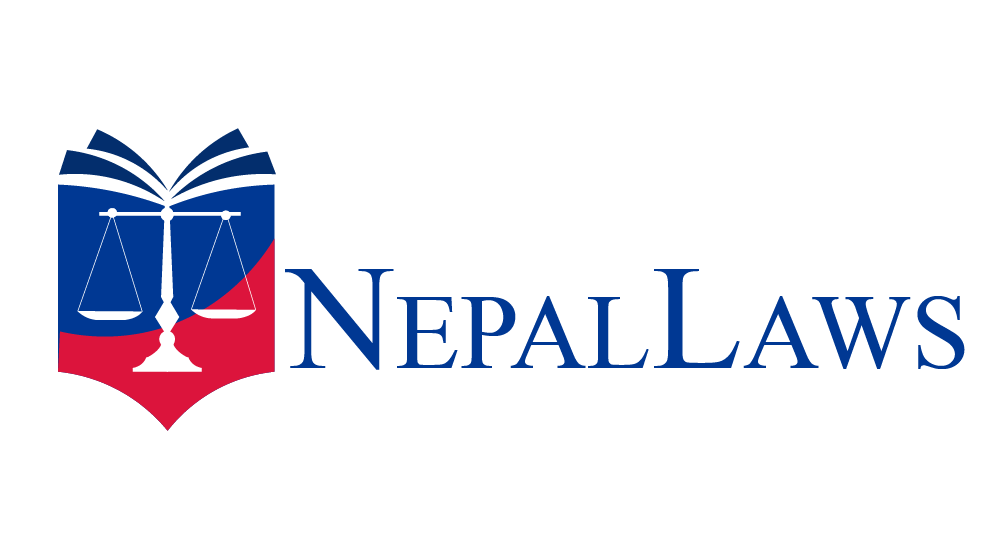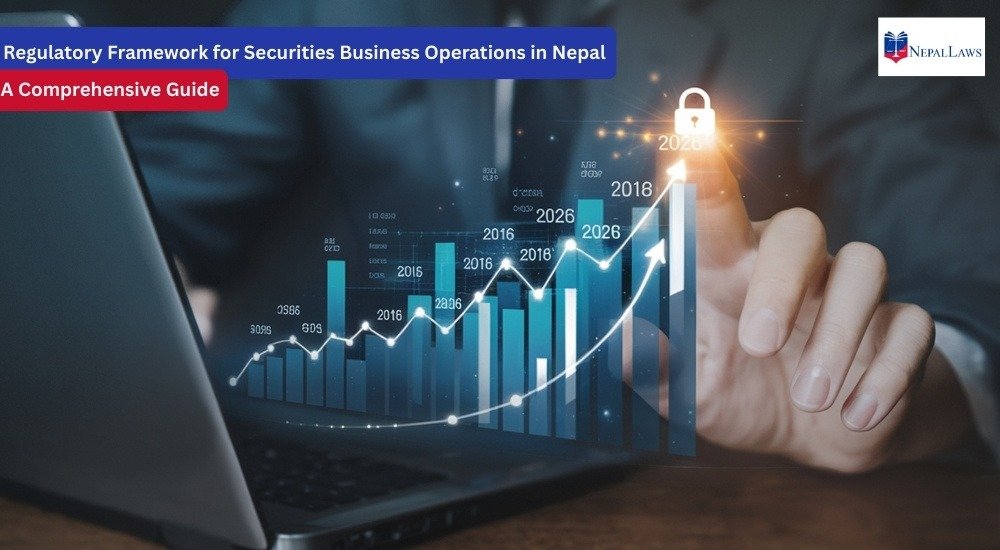A labour audit in Nepal systematically examines whether organisations comply with the country’s labour laws and regulations.
It is important for ensuring employees’ fair treatment, workplace safety, and adherence to the legal framework set by the Government of Nepal.
In Nepal, labour audits assess various aspects of employment such as working conditions, remunerations, rights, and occupational health and safety.
Its main agenda is to protect workers’ benefits, provide fair labour practices, and encourage a harmonious workplace.
They are mandatory for organisations that have ten or more employees. The audit covers safety measures, working conditions, wages, benefits, and social security compliance.
The Department of Labour and Occupational Safety (DoLOS) oversees the audit process and ensures employers meet their legal obligations.
It helps verify and correct non-compliance issues, reducing the risk of legal problems and penalties. It supports organisations in improving labour management and building a positive reputation in the business community.
Why Is a Labour Audit Mandatory in Nepal?
Labour Audit is important for every business operating in Nepal for several major reasons. Here are these major reasons:
- Employee Comfort – When a it is done regularly, employees are treated more fairly, which makes them happier and more likely to stay with the company.
- Corporate Reputation Management – According to the Labour Act 2074, a company is responsible for labour audits, which improves company image with workers, customers, and investors.
- Legal Compliance – It ensures that businesses follow Nepal’s labour laws, which helps avoid legal trouble, fines, or penalties.
- Corporate Social Responsibility – Conducting a labour audit demonstrates that a company prioritises doing the right thing and treating people well.
- Continuous Improvement – Regularly auditing helps businesses find ways to treat their workers better and manage them more effectively.
What Are the Legal Frameworks?
In Nepal, the legal framework for labour audit is primarily based on the Labour Act 2074 and its related regulations. These laws set the rules and responsibilities for employers and employees, guiding how labour audits should be conducted.
Here are the key legal frameworks:
1. Labour Act, 2074
The Labour Act 2074 is the main law governing labour relations in Nepal. The Labour Act 2074 has a provision relating to labour audit in Section 100.
In addition to this provision, the rights and duties of employers and workers must be ensured. This Act also includes provisions on mandatory labour audit requirements for organisations with ten or more employees, as outlined in Section 102.
2. Labour Rule, 2075
The rule provides detailed guidelines for the implementation of the Labour Act. Rule Number 56 mentions the labour audit. Based on this rule, key things should be known:
- Annual Labour Audit Deadline – Every employer must conduct a labour audit by the month of Poush each year, and the audit must follow the guidelines set by the Minister of Labour.
- Conduct the Audit – A managerial employee or an external labour expert can do a labour audit. If false details are found, the Department of Labour may fine the individual or the organisation’s management up to Rs. 20,000.
- Submit the Report – A copy of the labour audit report must be submitted to the Labour Relations Committee. Specific entities must also submit the report to their respective regulatory bodies, such as banks and financial institutions to the Nepal Rastra Bank, insurance companies to the Insurance Board, and non-governmental organisations to the District Administration Office.
3. Social Security Act 2074
This Act establishes the Social Security Fund, outlines contribution requirements, and details the social security benefits for employees.

Who Is Eligible for Labour Audit?
In accordance with Rule 56 of the Labour Rules, an enterprise can conduct a labour audit through a qualified labour auditor, who may be either an individual or an entity.
In case the enterprise selects to conduct a Labour Audit by an outsider, the Labour Audit Standard has set out the following qualifications of an Auditor:
- If the auditor is an individual, they must be a Nepali citizen, hold at least a bachelor’s degree, and have at least two years’ experience in management work within an industry or enterprise.
- If the auditor is an entity, it must be registered under existing law, its objectives and area of work must include labour-related matters, and it must meet the same qualifications as an individual auditor.
How to Proceed with Labour Audit in Nepal?
The Labour Audit Standard outlines the official process for conducting a labour audit in Nepal. According to Clause No. 6 of the Labour Audit Standard, the labour auditor must follow specific steps to ensure a thorough and compliant audit.
Here is a breakdown of the major procedures of Labour Audit:
Step 1
Gather and review basic information about the enterprise’s compliance with labour laws.
Step 2
Visit the workplace for direct observation and inspection.
Step 3
Conduct interviews with both employers and employees to gain an understanding of their practices and working conditions.
Step 4
Assign and mobilise the audit team to the enterprise.
Step 5
Use additional suitable methods to collect necessary information as needed.
Step 6
Compile findings, prepare, and finalise the labour audit report using the prescribed format.
The audit must be conducted in accordance with the procedure defined by the Ministry of Labour, and the final labour audit report must be prepared in the format specified in Schedule 10 of the Labour Rules.
Conclusion
Preparing for a labour audit in Nepal is not just about meeting legal requirements. It is about creating a fair, safe, and responsible working environment. With audits being mandatory for organisations with ten or more employees, understanding the legal framework, eligibility criteria, and audit procedures is essential.
A well-prepared business can avoid penalties, strengthen employee trust, and build a positive reputation. Ensuring readiness for a labour audit means your organisation is committed to compliance, accountability, and continuous improvement.
Frequently Asked Questions (FAQs)
Q. What is Labour Audit?
A. Labour audit is a review of an organisation’s employment practices to ensure compliance with labour laws and regulations.
Q. What are the guiding laws for the labour audit procedure in Nepal?
A. The guiding laws for conducting a labour audit in Nepal are:
i) Labour Act, 2074 (2017)
ii) Labour Rules, 2075 (2018)
Q. Is a labour audit a compulsory requirement by law in Nepal?
A. Yes, a labour audit is mandatory under Nepali law. According to Section 100 of the Labour Act, 2074, every enterprise must conduct a labour audit to evaluate whether its operations align with the provisions of the Labour Act, its Regulations, and other applicable laws.
Q. Who must conduct a labour audit?
A. All enterprises with 10 or more employees, including banks, financial institutions, NGOs, companies, firms, and cooperatives, must conduct a labour audit.
Q. Are there any government fees or charges for submitting a labour audit?
A. No, there are no government fees or charges for submitting a labour audit report in Nepal.




